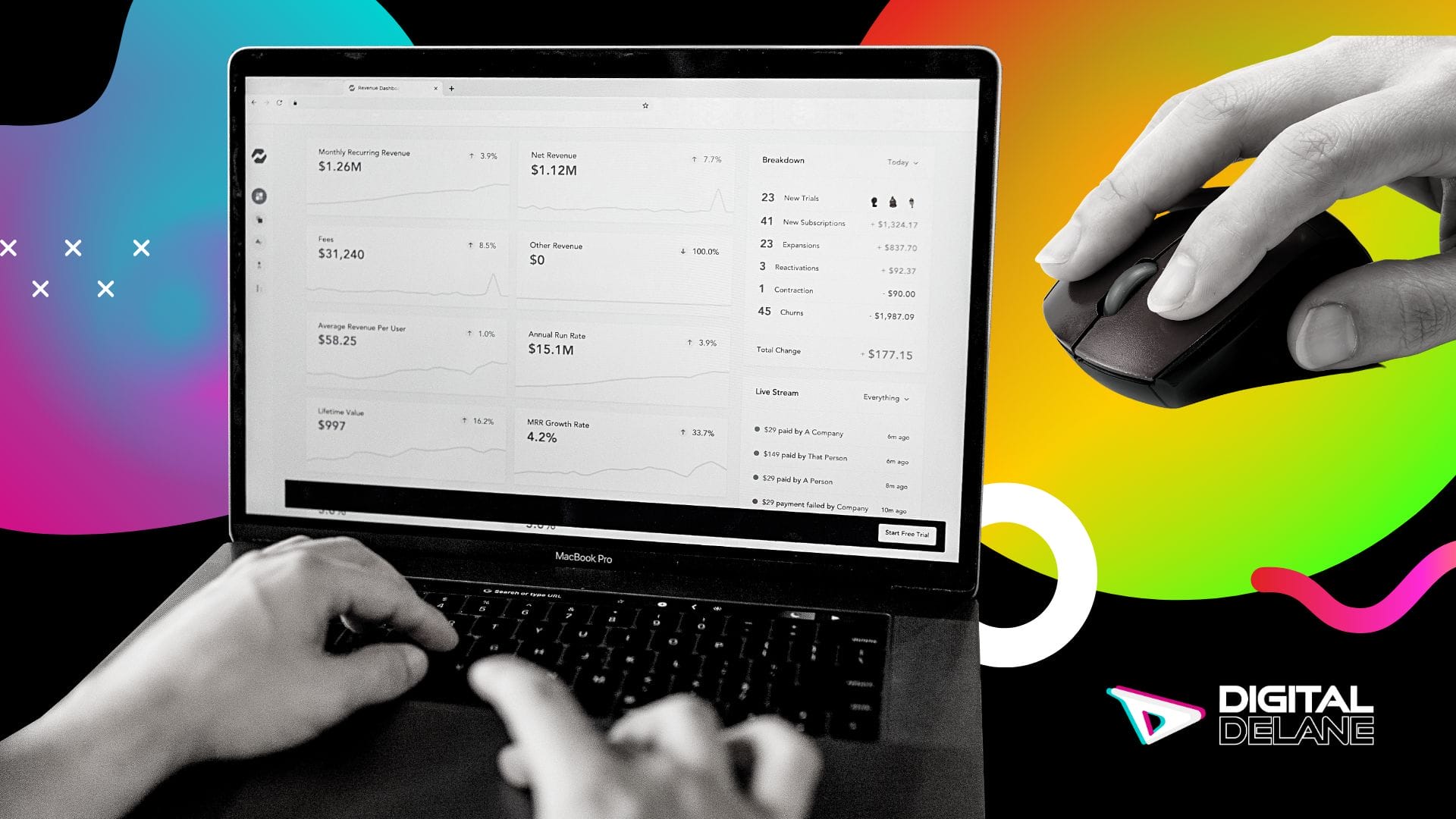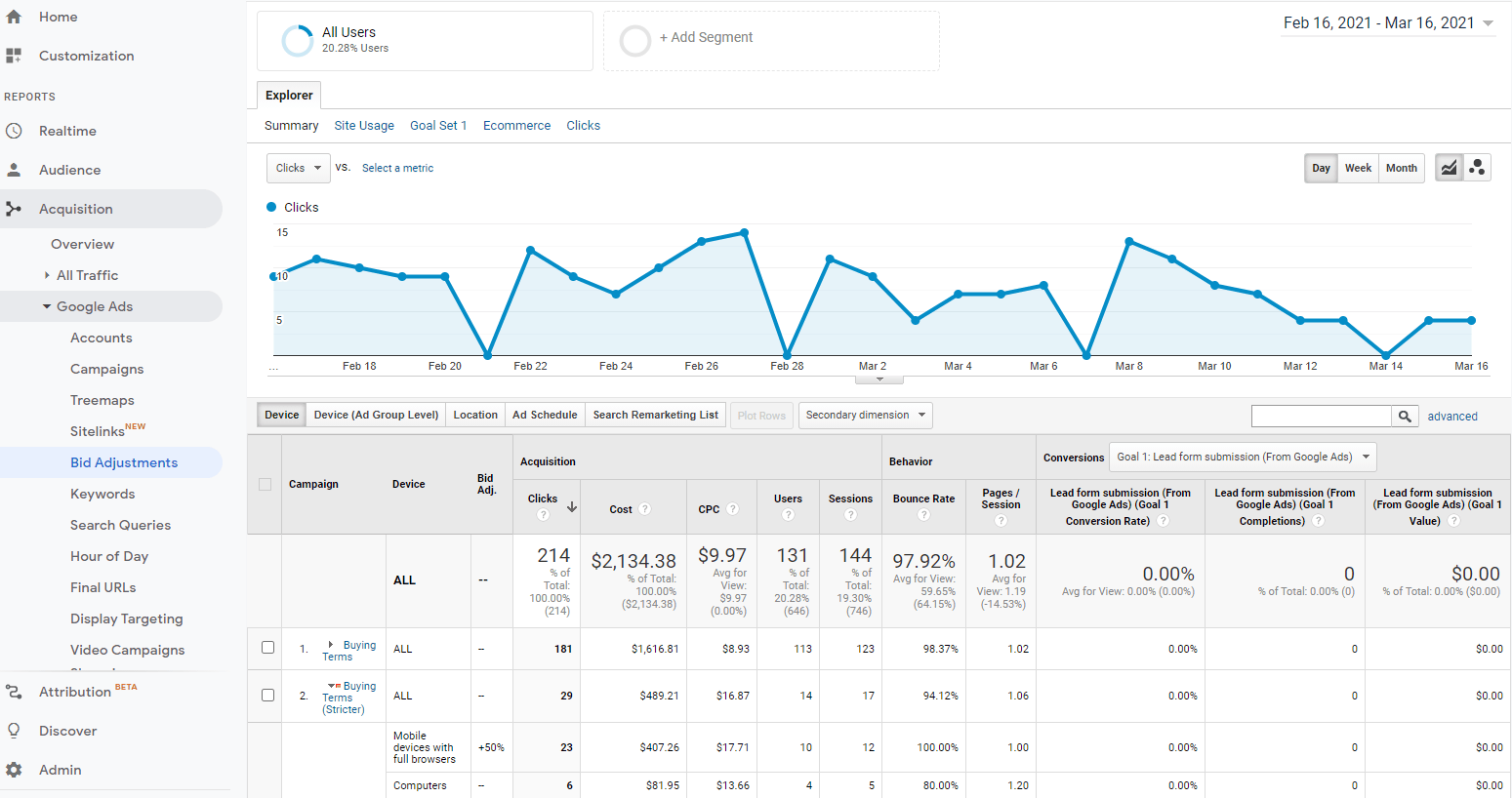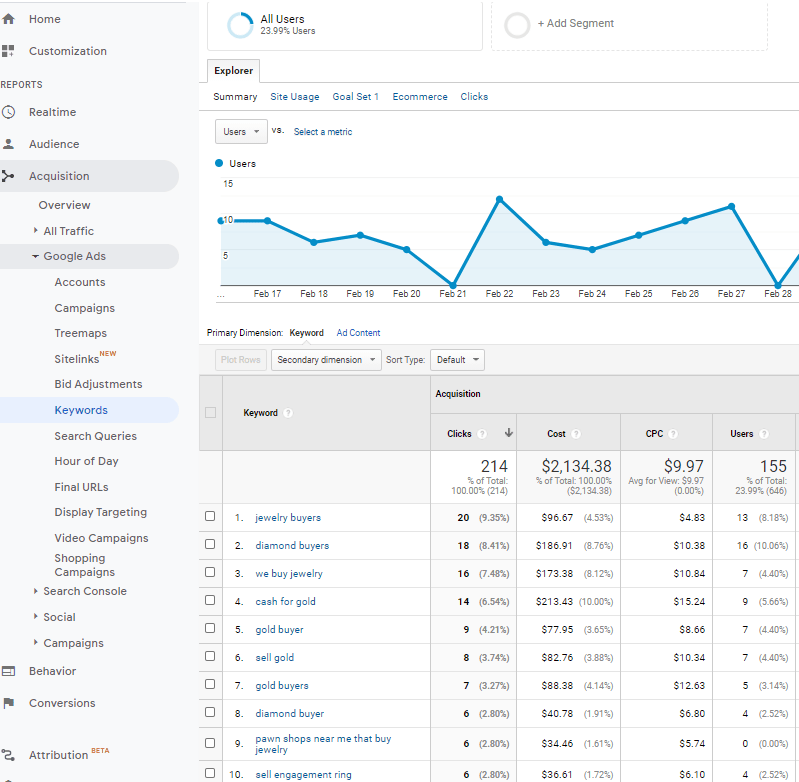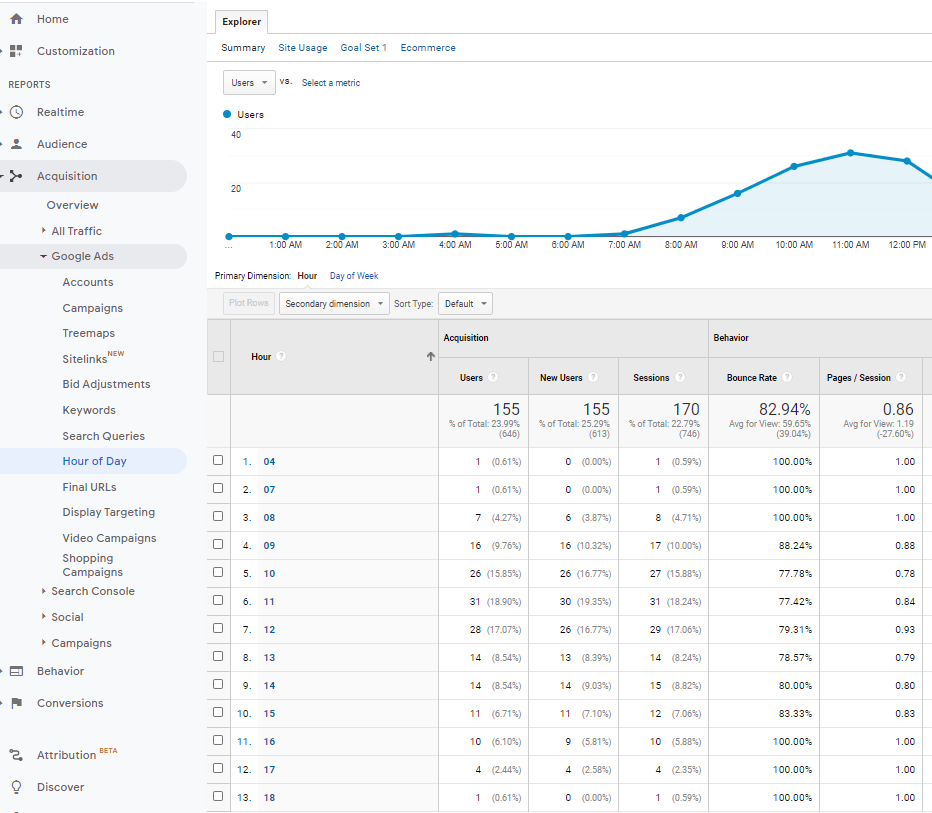What is Cost Per Conversion and What Can I Do to Reduce It?

If you own an online business, the most important metric you need to keep track of is the amount of money you spend to increase your business’s profit – like a sale or a subscription. This is especially true if you use advertisements as a marketing tool. That being said, cost per conversion is an important metric to keep track of in your PPC campaigns.
Do you want to grow faster? Schedule a free consultation call with an expert.
In this article, we’ll discuss cost per conversion, how to calculate cost per conversion, and how you can reduce it to increase your marketing ROI.
What is Cost Per Conversion?
Let’s say that you own an e-commerce site. To gain more traffic and increase your brand awareness, you decided to run a marketing campaign. In this case, a successful campaign would mean having an increase in sales. When a predefined goal of an advertisement is met, this is called a conversion.
Cost per conversion is a fancy online advertising term that shows the cost to achieve a sale. It should not be mistaken for cost per click, which has the same abbreviation. It is the ratio of the views or clicks on the advertisement and the number of successful conversions.
Here is how you calculate cost per conversion:


Cost per conversion = Total cost for generating traffic/Total number of conversions
Let’s say you spent a total of $1000 on ads which gave you 20 sales. In this case, your cost per conversion is $50. That means that you’re spending $50 for each sale you make.
You can determine whether your cost per conversion is reasonable based on the industry you are in and the average value of the service or product. Say you sell an online course that costs $40. A cost per conversion of $50 is a loss. On the other hand, if you are in real estate, paying $50 for a lead is negligible if you get to sign a thousand-dollar contract.
How Do You Reduce Your Cost Per Conversion?
Of course, every business wants to get higher ROIs with less expense. Whether you think you’re spending too much on ads or you simply want to spend less and use the budget elsewhere, here are some ways to lower your cost per conversion and, in turn, increase your advertisement’s ROI:
Control Your Keyword Bids
Before you bid for all possible keywords, do some data analysis on Google. Check how the ad ranks affect conversion and click-through rate.


Look for Low Converting Keywords and Pause Them.
Make it a priority to check and visit your keywords consistently. Check which ones are generating conversions and which ones are not. Once you have identified low converting ones, look at the total clicks and the total conversions.
Say a keyword only generated three conversions. You may quickly decide to pause it. But if you see that it has just been clicked six times, then that keyword actually has a 50% conversion rate – definitely worth keeping in your campaign.
A caveat: don’t be too quick to pause a keyword. Check the available data. You might just be removing a keyword that could perform better later on.


Make Use of Negative Keywords
Boost Your Business with New AI Trends – Get a Free Strategy Session Today
Utilize the negative keyword list in your Google Ads account. You should add terms that will protect you from showing your ads to an uninterested audience. Include general ones like those related to:
DIY (they want to do it themselves and not buy from you)
Pornography, sex, and other related keywords
Free stuff, including “samples,” “shareware,” and “torrent.”
Invest in High-Converting Keywords
Use the “search term” tab, which will generate a list of long-tail keywords that users who saw your ads searched for. Invest in these keywords if they are relevant to your product or service. You should also check which times are best to show your ads. Which times of day are your ads getting the most clicks and conversions? Are your customers clicking on your ads late at night? Or do they tend to click on your ads in the morning? Once you’ve determined what times are the best for clicks and conversions, show your ads at those times.
Figure out if there is a specific time of day in a week, or month in a year that your site gets the most conversions. And instead of setting your ad to run 24/7, set your ads only to run during these specific periods. This is a great way to conserve your budget and cut down on wasted ad spend.
You can use the following metrics in your decision-making:
- Impressions: which specific hours in a day or days in a week are people searching for your product or service?
- Conversions: which specific hours in a day or days in a week are people most likely to convert?
- Cost per conversion: which specific hours in a day or days in a week are conversions more or less costly?
Make an Irresistible Landing Page


The best way to increase your marketing strategy’s ROI is to make sure that you capture every potential client who decides to click your ad. How do you do this? First off, don’t lead them into your home page. If you are an eCommerce business, lead them into your products page. If you are a B2B company, lead them into your contact form. You should consider investing in a high-quality landing page design if you want to dramatically improve your conversions.
Review Your Ad Copy
Having high-performing copy doesn’t mean you shouldn’t improve it. Tweaking your copy, contextualizing it, and strategically placing the appropriate calls-to-action can better qualify your prospects, increasing your number of conversions, and ultimately reducing your cost per conversion.
Do You Need Help Reducing Your Cost per Conversion?
Without a PPC expert, many things can go wrong in your advertising strategy that will blow your budget. Ideally, the total cost per acquisition (CPA) should be as low as possible to get a good number of conversions. You can see all the data, such as the total number of conversions for example, through your Google Analytics.
Running PPC campaigns is one of Digital Delane’s specialties whether through paid search or Facebook ads. Our dedicated account managers can help you plan and launch your PPC campaign so you can drive leads to your website, lower your cost per conversion, and increase your quality score. We provide fully managed PPC services so you can focus on what’s most important–your business. Contact us today to set up a free PPC strategy session with our paid media team.


